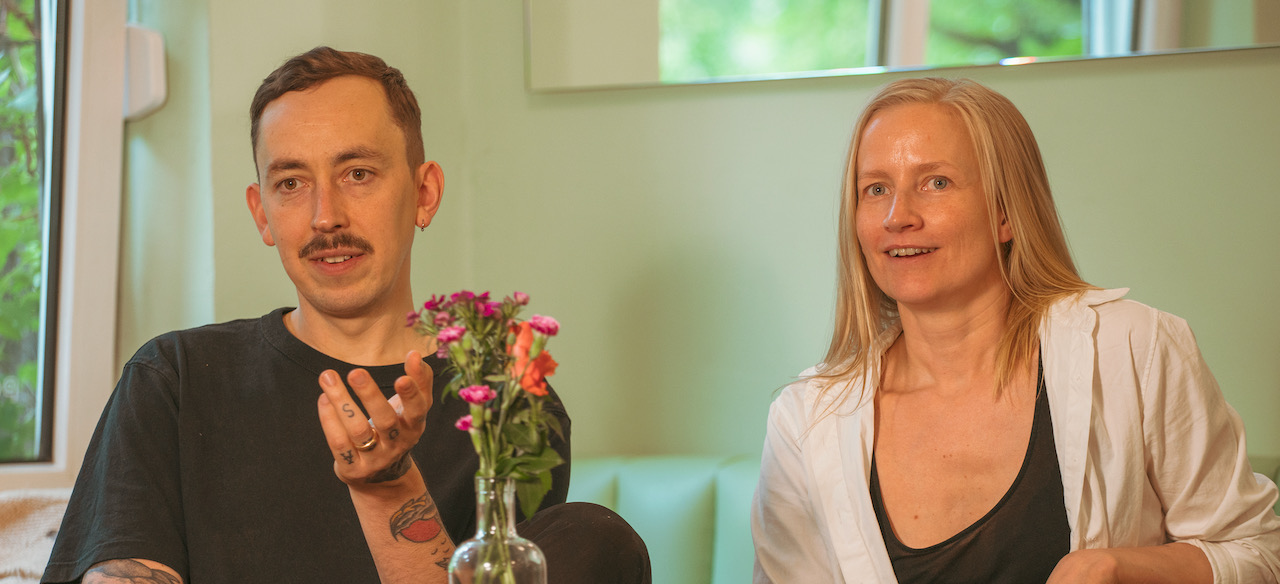
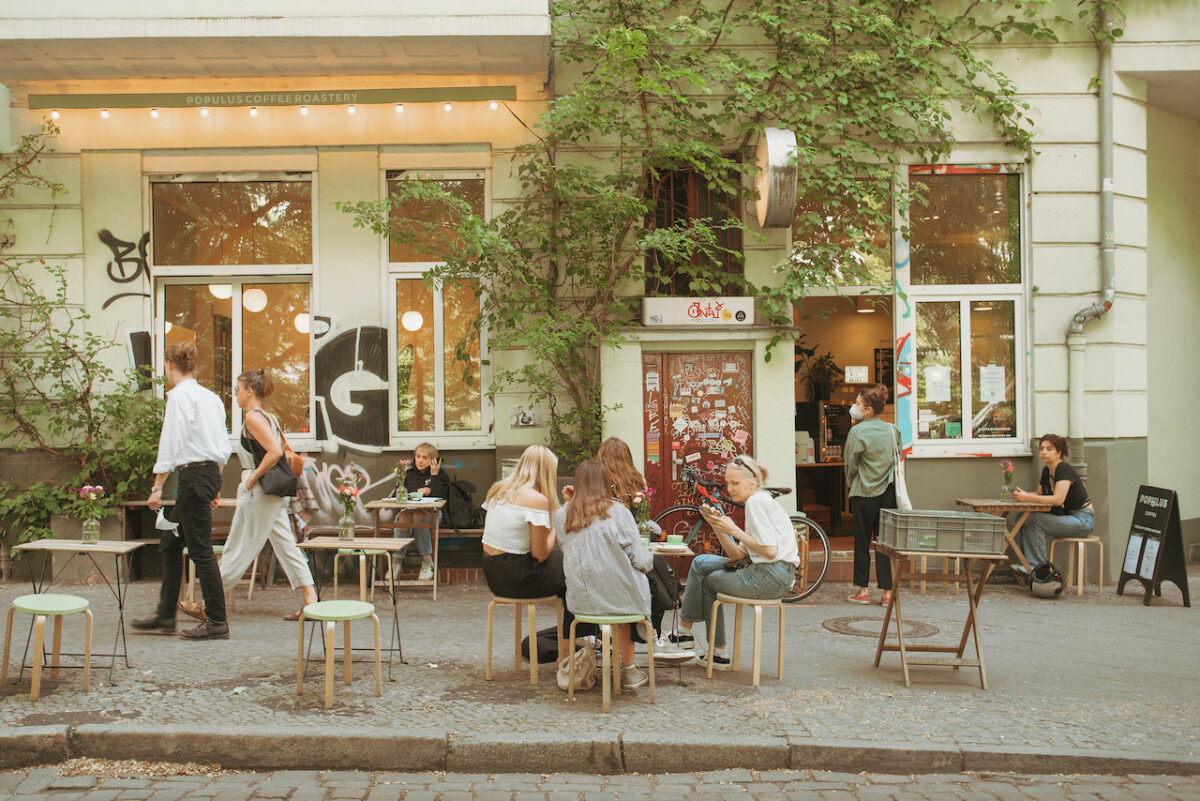
Populus Coffee opened in a quiet residential area in Berlin in 2015. Owned by a couple with strong Nordic roots, their business stance is apparent when we see a “Transparency Report” that discloses the name of the producers, importers, and the purchase price of all the coffees they sell. We speak with the couple Sari and her husband, former journalist Henrik.
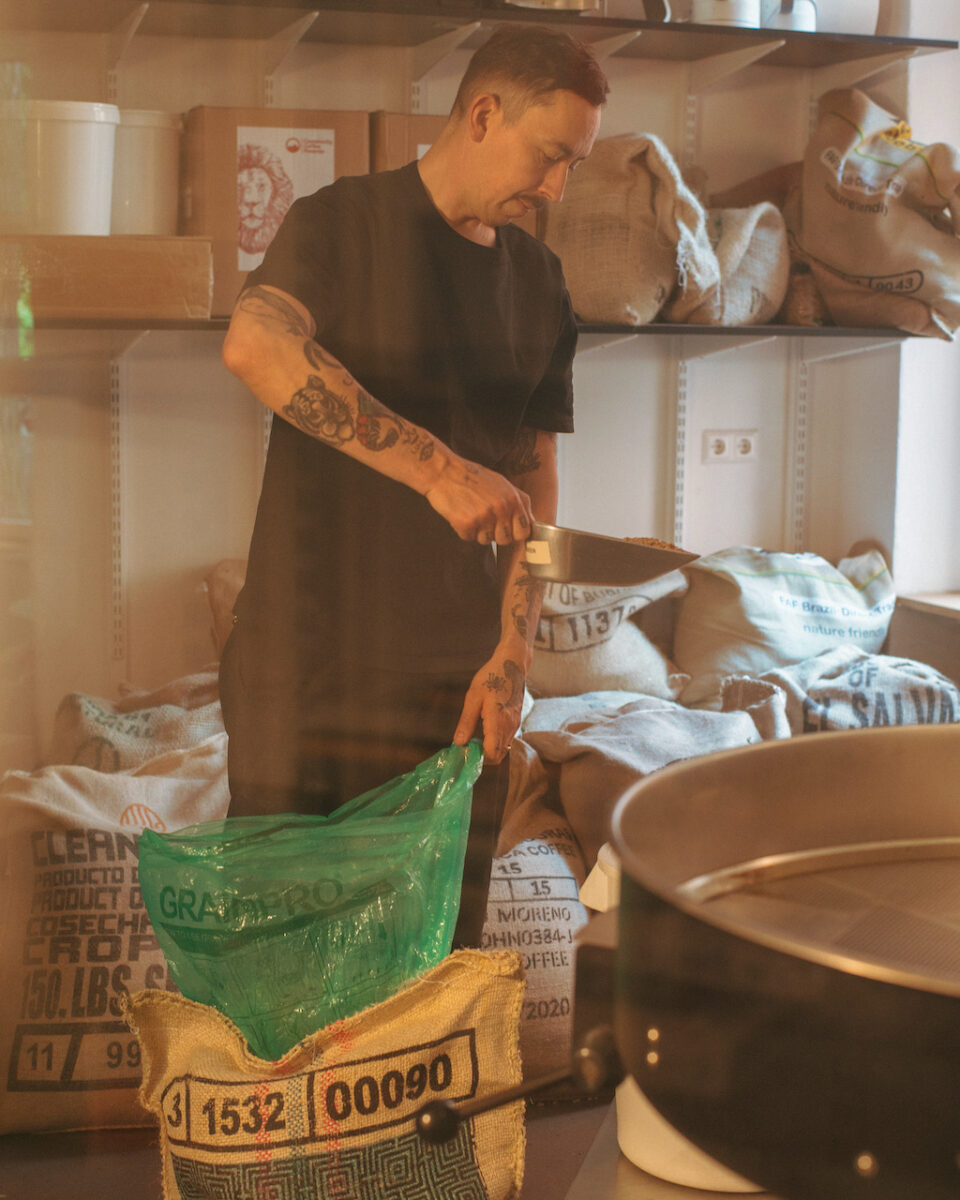
Coffee is not just an ingredient.
It was around 2010 that Henrik, who had been working as a journalist producing documentary videos and radio programs, became involved in a project to produce a book on coffee origins. His first visit to coffee producing countries changed his life forever.
Henrik says, “When I saw the beautiful farms firsthand, where coffee is grown, how they are harvested and processed, I was impressed by the passion and love for coffee people have there. One of the most memorable experiences was in Honduras, where I visited later in the trip.”
“I met the Morenos, who are famous as one of the main producers who supply very high-quality coffee from small lots in Honduras. I learned that they deal directly with Collaborative Coffee Source, which is a green coffee trading company in Norway that emphasizes transparency and equality. I understood that it was possible to fundamentally change the structure of the huge coffee industry, which has grown and developed by exploiting people, and I could decide how I wanted to deal with coffee producers. By the middle of the trip, I had already made the decision to pursue coffee.”
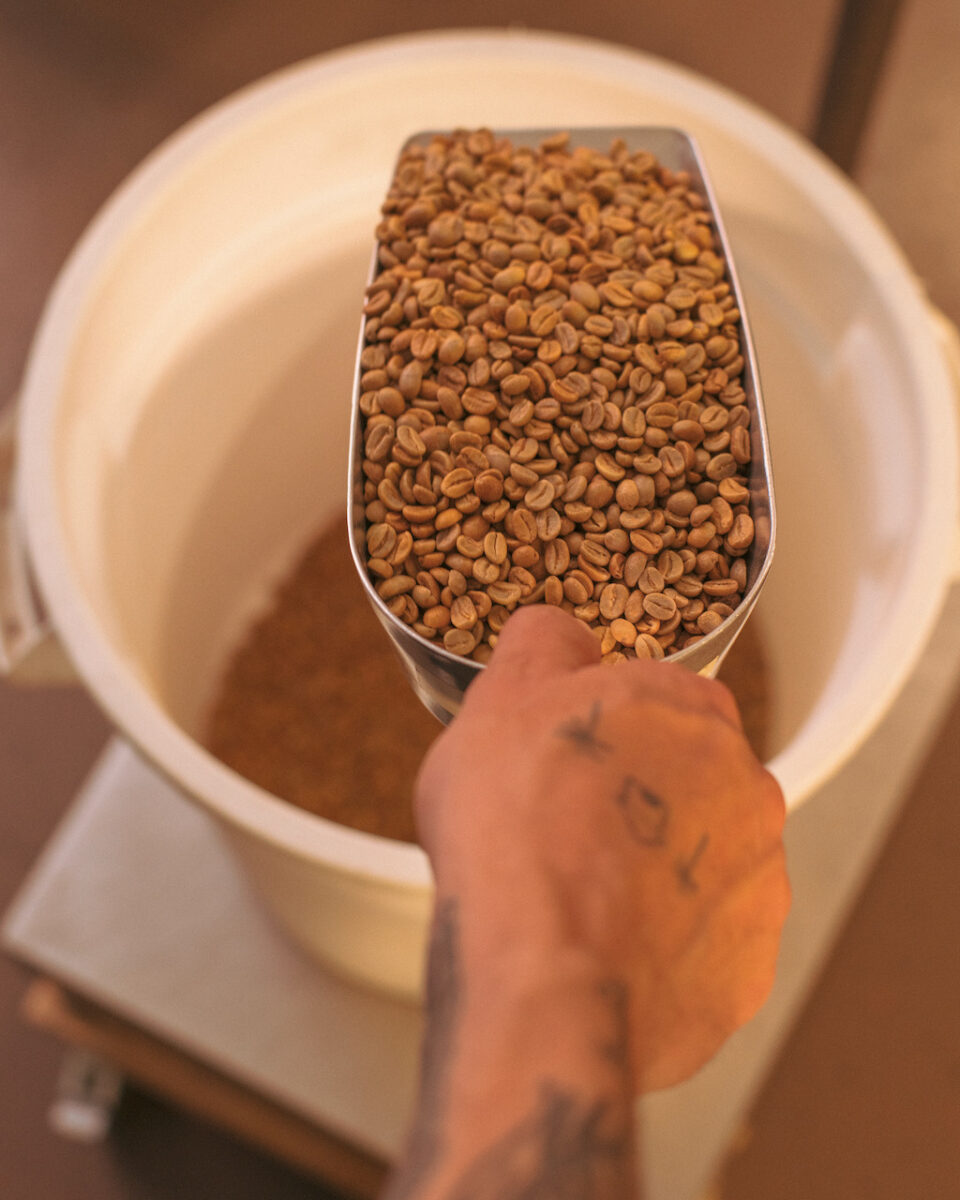
Henrik opened his roasting cafe Populus Coffee in Berlin in 2015. Why did he choose the word populus, which means people in Latin, as the name of the cafe?
“Because the coffee supply chain would not be complete without the relationships and connections with people. Green coffee beans are more than just an ingredient. The coffee grown by producers first go through buyers and roasters, and then into the hands of the customers. In order to keep this business going, roasters need someone to take care of quality control and transportation, and the producers need someone to take care of the trade. Of course, we also need customers who buy our coffee.”
“All transactions are based on “face-to-face” relationships among individuals. Large companies are not needed. We source green coffee beans from several origins at the moment, and we are trying to create direct and open communication with all of our producers. This way we can together decide proper compensation. Also, finding the right supply chain partners is important to have functional logistics, producer support, quality control services in origin etc.”
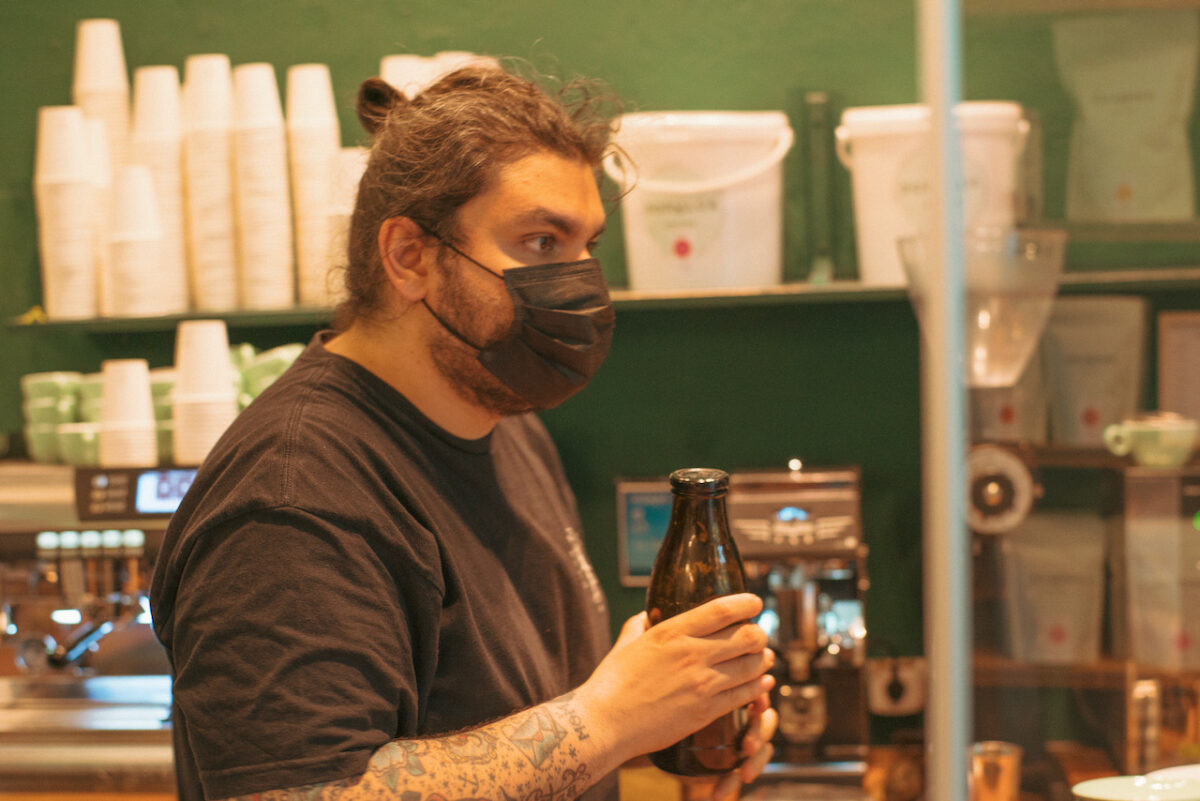
When they say people (populus) in their mind, they include the staff who work at the store. They have a good relationship with the staff, who have become like family, and many members of staff have been with the company for a long time.
“Although we are a small company, we want to provide our staff security and stability as well as opportunities for them to grow. For example, there is a member who moved from being a barista to quality control, and now she’s our roaster. She has made remarkable progress and is becoming a great roaster here. If anyone is interested in coffee, I would like to provide them an opportunity to learn more about the industry, no matter what the topic is; roasting, product development, sourcing, and so on.”

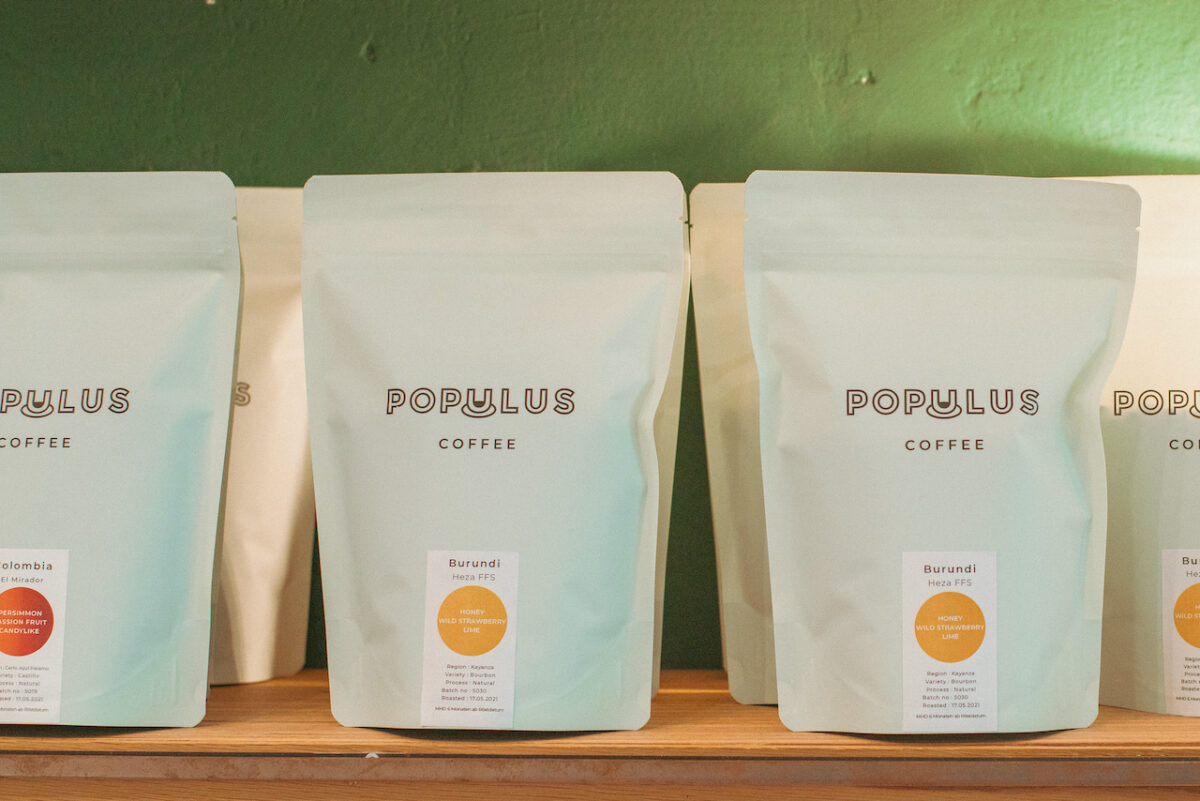
Demonstrating the potential to change the world.
Populus Coffee discloses all the information on the website about producers and importers that they do business with, the wholesale prices, where the coffees are produced, and the names of the people involved connecting farmers and roasters. This is a truly “transparent” coffee with traceability, but still Sari and Henrick are not totally convinced.
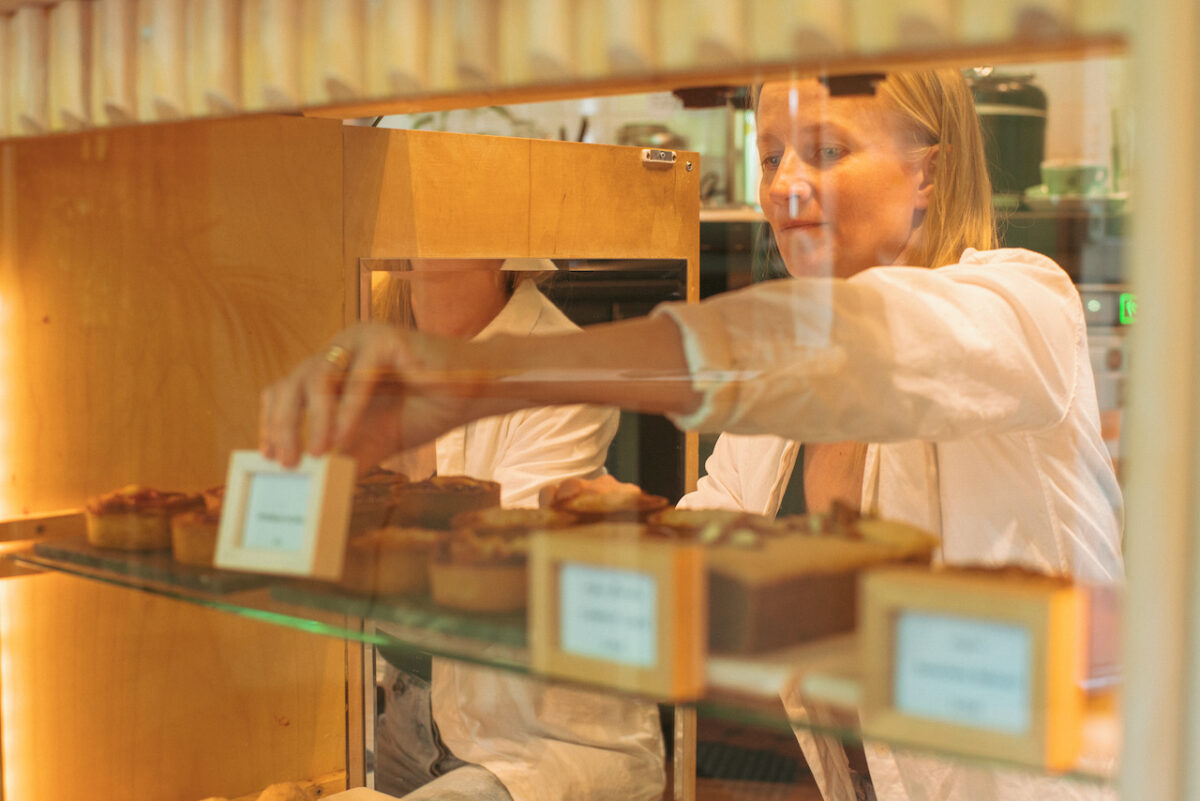
Sari says, “We’re working on a new report that contains a breakdown of the prices that we sell to our customers, because we want to build relationships with people by letting them know who we work with. Coffee is a good tool to promote change in trade.”
“This is a topic I often discuss with my colleagues, but the current coffee industry is collapsing because of the volatility of the futures market and the lack of fair compensation for producers. It’s hard to say that the original purpose of specialty coffee, which is to provide producers with fair compensation through equal and transparent trade, has been achieved.”
“However, it’s a great achievement that many specialty coffee roasters have shown that it’s easy to break away from the old business practices through specialty coffee, in other words, it has the potential to change the world and spread such an idea.”
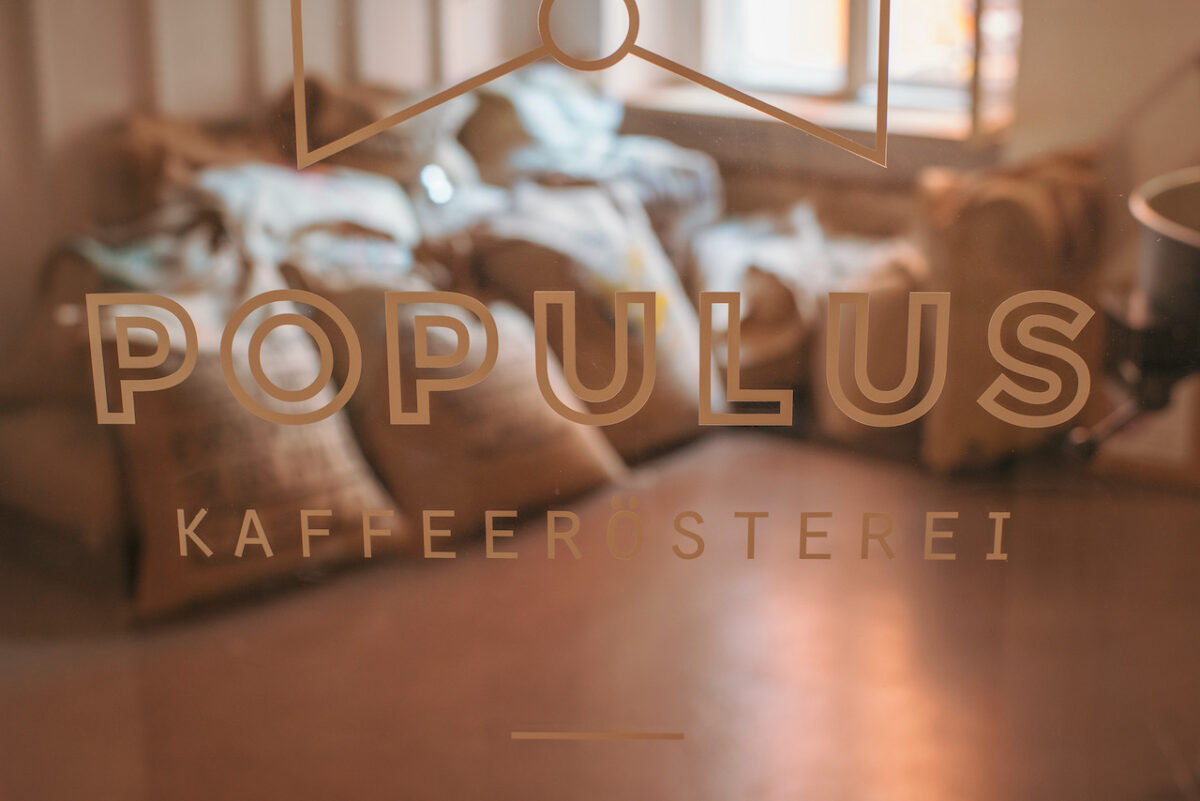
Populous Coffee is currently working on a project to educate people about the process of growing coffee and to show the enormous amount of work that goes into it.
“The existing system lets the buyers purchase coffee from producers at very cheap prices and sell them at a high price. People can’t usually see what’s really going on, or do they have any interest. I don’t want to be a part of this completely unsustainable system, but the truth is this has been going on for a long time in the coffee industry. It’s the responsibility of roasters as coffee buyers to tell the truth to our customers. I believe that for the consumer, knowing the truth is a big part of the coffee experience. I think the point is coffee is a tool to showcase an alternative way to do trade.”
“First of all, the reason we built a cafe near the roasting space where customers can drop by without hesitation is that we wanted customers to see and feel the roasters’ work firsthand. I don’t like to be seen much by people, but I hope that many people will understand the background of the products we offer.”


Telling the truth and questioning the way of life.
“Of course, some people buy coffee just because it tastes good, and they don’t care who imports it. I still think it’s important to provide this information. In the age of technology, where we can disclose information and do business openly, I don’t see any reason not to do so.”
“Just like tea and wine, more and more customers are looking for quality coffee. Making specialty coffee accessible and transparent will surely expand the market share of specialty coffee customer base. Whether in a coffee bar or a supermarket, for customers, whether they are aware of it or not, they can buy coffee that has been traded in a sustainable way, which we do.”
“This industry is built on trust. We travel to meet people, experience the culture of coffee cultivation, and to learn the realities of the processing end. Not just to evaluate quality. Now with the pandemic, I haven’t been able to travel for a while. But I work with the confidence that the producers and other partners are doing the right thing, and we want to be a trustworthy coffee roaster.”
“I can influence the world through my decisions and actions. I can steadily grow and develop my brand from scratch. It may be an exaggeration to say this, but I feel I am destined to do this job and I just find it very appealing for me.”
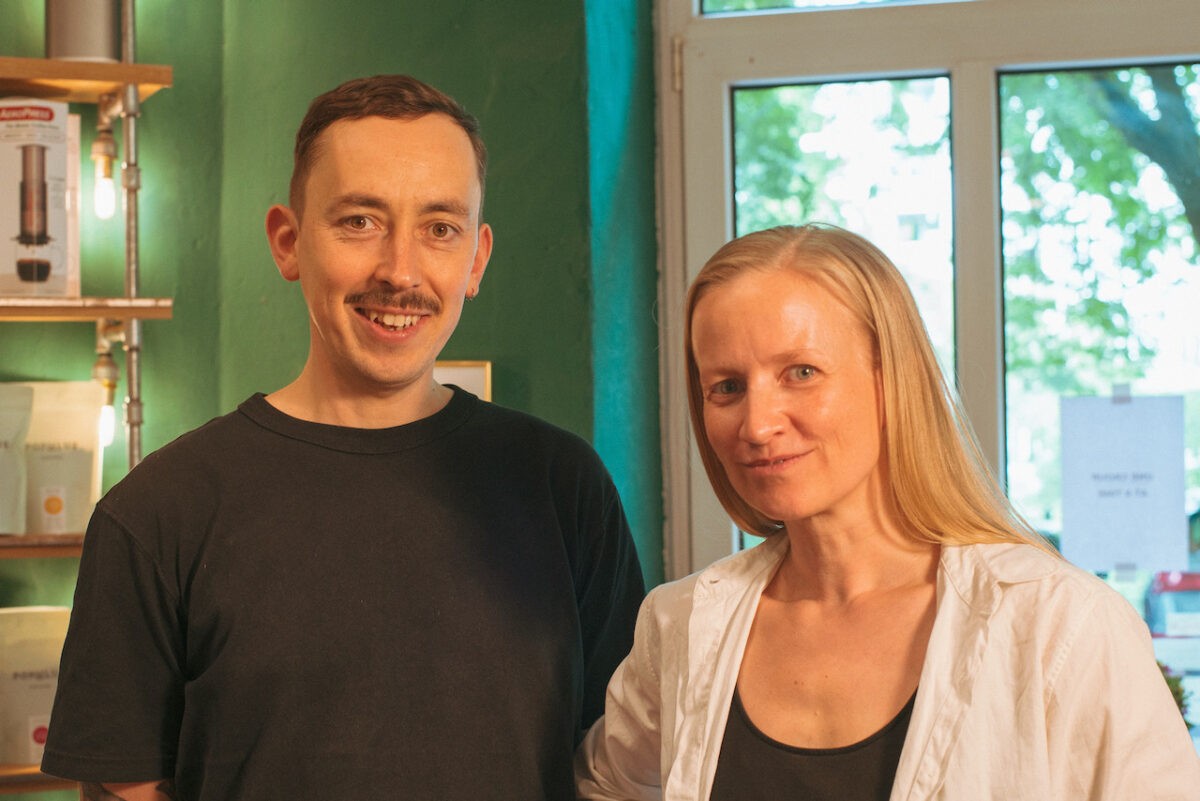
Henrik had his first proper introduction to coffee through a Norwegian roastery and green coffee company. He states that so called Nordic roasting is light and this presents the complexity, but also defects in coffee.
Henrik went from being journalist to roaster. At first glance, the two worlds seem unrelated, but his core values of telling the truth and questioning things remain unchanged. His medium of communication just changed from documentary films to coffee.
Interviewed and written originally in Japanese by Tatsuya Nakamichi.
MY FAVORITE COFFEE
“Drinking coffee in Ethiopia, the birthplace of coffee, and a country where coffee is an integral part of people’s lives, makes me feel something special about it. Whether the coffee is roasted by farmers on their farms and brewed in a traditional way or brewed at a coffee shop on a street corner, I can feel their passion for coffee. Their coffee culture can be felt everywhere that appeals to me very much and the whole genetics and history of coffee are present in a cup of Ethiopian coffee.”

Buy coffee beans from this roaster
Populus Coffee
- [Open]
- Mon-Thu: 9:00-17:00 / Fri: 9:00-18:00 / Sat, Sun: 10:00-18:00